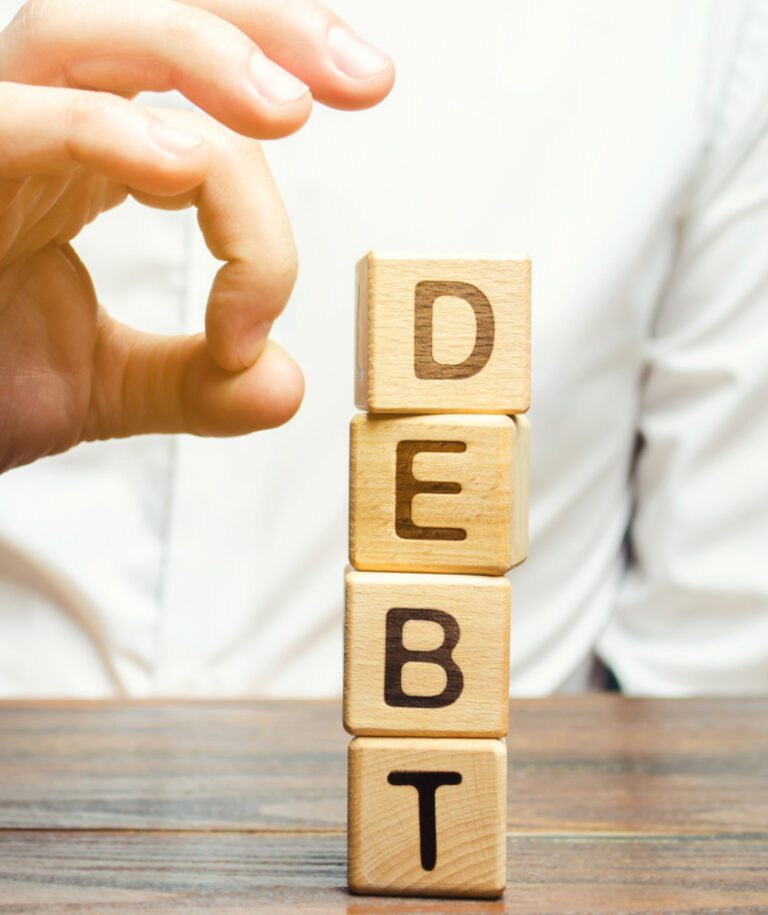Everything You Need To Know About An IVA
If you have unsecured debts of more than £7,000, you could be very attracted to the idea of securing an individual voluntary arrangement, known as an IVA.
However, you might also understandably have many questions about this debt relief scheme and what it involves.
You might have seen many companies offering debt solutions that claim to be able to rid you of debt in delightfully little time.

However, when looking into what you could potentially do about your own debt, you need to make sure you get the solid facts about the debt solution options open to you.
That’s why we have put together the following in-depth guides to IVAs. Here, we answer a vast range of common questions about IVAs, including:
- What is an IVA?
- What does an IVA entail?
- Is an IVA a viable remedy for your specific financial situation?
- What alternative methods exist for clearing your debt?
- And much more.
We hope that these dedicated guides assist you in unravelling the potentially complex and confusing terminology surrounding IVAs — and understanding how an IVA could improve and impact your life.
Can An IVA Be Paid Off Early?
Can An IVA Affect My Job?
Can An IVA Take My Inheritance?
IVA vs Bankruptcy: What's The Difference?
Can I Get A Mortgage With An IVA?
IVA For Self-Employed
IVA vs Debt Relief Order
How An IVA Affects Your Credit Rating
Can An IVA Be Refused?
How An IVA Works
IVA: How Long Does It Take to Set Up?
IVA: Can I Keep My Car?
Will An IVA Stop Bailiffs?
Is An IVA Worth It?
Can You Remove An IVA From A Credit Report?
How Much Does An IVA Cost?
Can I Get A Credit Card On A Debt Management Plan?
How Does An IVA Affect You?
Debt Management Plan vs IVA: Which Is Better?
How To Apply For An IVA
What Happens If I Stop Paying My IVA?
What Are the Pros And Cons Of An IVA?
What Is A Debt Relief Order (DRO)?
What Happens At The End Of An IVA?
Will An IVA Impact My Joint Mortgage?
Take The First Step In Tackling Your Debt Today
Get in touch today
NDH Financial can help free you from the shackles of your debt.
Call us on 0800 002 9051 or apply below.
If you're already a client of ours, please contact us on 0800 002 9061

Apply Today
Get in touch with NDH Financial today for a free consultation about your debts.
Call us on 0800 002 9051 or apply below.

Get in touch today
NDH Financial can help free you from the shackles of your debt.
Call us on 0800 002 9051 or apply below.
If you already have an IVA through NDH Financial, please contact us 0800 002 9061.

Get in touch today
NDH Financial can help free you from the shackles of your debt.
Call us on 0800 002 9051 or apply below.

Take The First Step In Tackling Your Debt Today
As you can now see, an IVA can help people to sustainably manage a range of debts. However, we also acknowledge that you may continue to have as-yet-unanswered questions about IVAs.
If your debt problems have become particularly urgent, and you need reliable assistance at short notice, we invite you to call us on 0800 002 9051. We can have an in-depth discussion with you about your financial situation, including what debts and essential living costs you face.
IVAs are designed to help ease the difficulty of paying unsecured debts, including payday loans and other personal loans. However, if your debts are a mix of unsecured and secured debts, an IVA could still indirectly help with the latter by freeing up more money for you to spend on them.
Alternatively, a different debt solution, such as a DRO or debt management plan, altogether might be more suitable for your particular situation. If this is indeed the case, the insolvency practitioner (IP) you engage here at NDH Financial will confirm the IVA is not appropriate following an assessment of your circumstances.
Rest assured that, if you do decide to ask us to implement an IVA on your behalf, you will not incur any upfront costs as a result of utilising this service.
